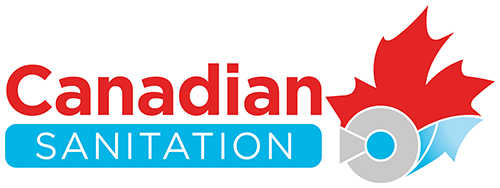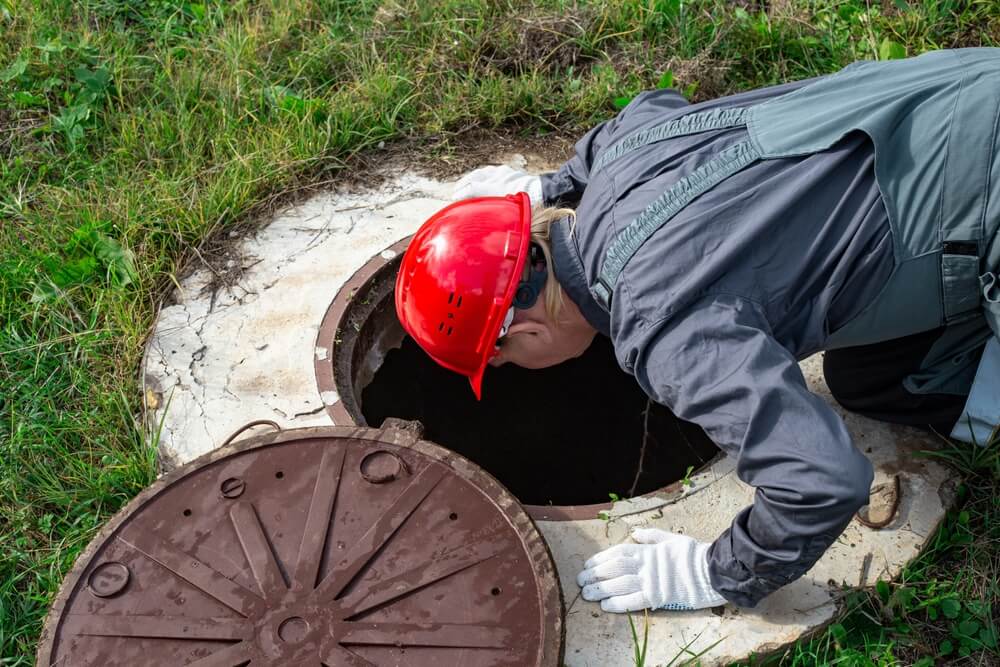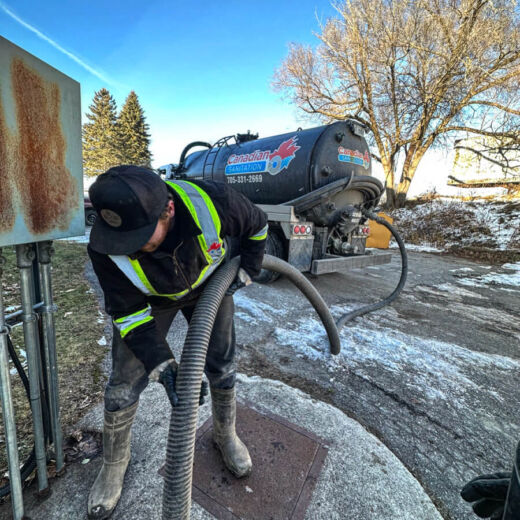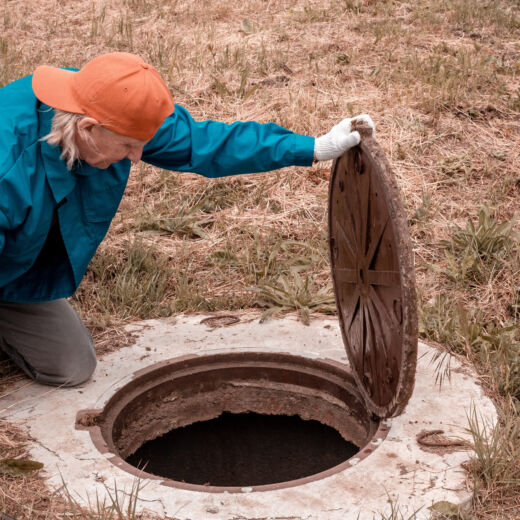When you buy or sell a home in Ontario, you are required to have a septic inspection performed. There are a few reasons for this, including the environment, public health and determining property value.
Septic inspections provide the potential buyer with a clear picture of the state of their new septic system, indicate any potential repairs that will be required, and protect them from purchasing a property with major issues or a looming replacement.
This article explores the importance of these inspections, their role in real estate, and why they are essential for homeowners and buyers alike.
What Are Mandatory Septic Inspections?
Mandatory septic inspections are designed to assess the condition and functionality of septic systems within specific vulnerable areas. These include properties within 100 meters of municipal wells or located in high-risk zones for drinking water contamination. Inspections must be carried out every three to five years by certified professionals, ensuring compliance with local regulations and preventing environmental hazards.
Required under Ontario Regulation 315/10 of the Ontario Building Code, these inspections align with the Ontario Clean Water Act, 2006, ensuring that septic systems near municipal wells or in wellhead protection areas are adequately maintained.
Why Are Septic Inspections Important?
1. Safeguarding Public Health and the Environment
A failing septic system can lead to leaks of untreated sewage, contaminating groundwater and nearby water sources. This poses significant health risks, including the potential spread of waterborne bacteria and diseases such as cholera and hepatitis. Regular inspections help identify issues early, protecting your family and the surrounding community.
2. Ensuring Compliance with Regulations
In Ontario, local building officials ensure compliance with mandatory septic inspection requirements. Non-compliance to these standards can result in penalties and legal challenges. Property owners can avoid these by scheduling regular inspections while contributing to environmental protection efforts.
3. Enhancing Property Value
A cared-for septic system is a valuable asset during real estate transactions. Inspections reassure potential buyers that the property is safe, compliant, and free from costly issues. Conversely, a neglected system can significantly reduce property value, deterring buyers and complicating the sale process.
The Role of Septic Inspections in Real Estate
Septic inspections are required in property transactions, particularly in rural areas where septic is standard. Here’s how:
- Boosting Buyer Confidence: Buyers are more likely to invest in a property when you can provide a documented history of septic inspections, knowing they won’t face unexpected expenses or environmental risks.
- Meeting Lending Requirements: Many mortgage lenders require septic system inspections as part of the approval process, ensuring the property meets safety and regulatory standards.
- Preventing Deal Breakers: Identifying and addressing septic issues before listing a property can prevent delays or cancellations during the sale process.
What to Expect During an Inspection
Septic inspections typically fall into two categories:
Visual Inspection
A surface-level check of the drain field, tank, and visible components to identify obvious issues such as pooling water, odours, or structural damage.
Comprehensive Inspection
A more in-depth evaluation involving excavation, sludge removal, and video assessments to examine the system’s internal components.
Both types aim to ensure that the system is functioning correctly and complies with local standards. Depending on the inspection type, costs range from $200 to $1,000, a worthwhile investment to avoid future repairs and liabilities.
When to Schedule an Inspection
- Before Buying a Property: Pre-purchase inspections help buyers understand the condition of the septic system and plan for any necessary repairs.
- As Part of Routine Maintenance: Regular inspections every three to five years ensure the system remains in good working order.
- If You Notice Warning Signs: Slow drains, foul odours, pooling water, or unusually lush grass near the septic field may indicate issues requiring immediate attention.
Septic Inspections for Real Estate Transactions from Canadian Sanitation
Mandatory septic inspections are part of responsible property ownership in Ontario. By adhering to inspection schedules, you comply with provincial regulations and protect your investment, the environment, and your community. Whether you’re a homeowner or a prospective buyer, these inspections provide peace of mind and long-term cost savings.
Ensure your septic system operates best with Canadian Sanitation’s professional inspections and reports. Our certified technicians provide comprehensive assessments, detailed reports, and expert recommendations to keep your system functioning efficiently and in compliance with regulations.
Whether you’re maintaining your current system, preparing to sell your property, or buying a home with a septic system, we’ve got you covered. Contact Canadian Sanitation today to schedule your septic inspection and experience reliable service you can trust!




